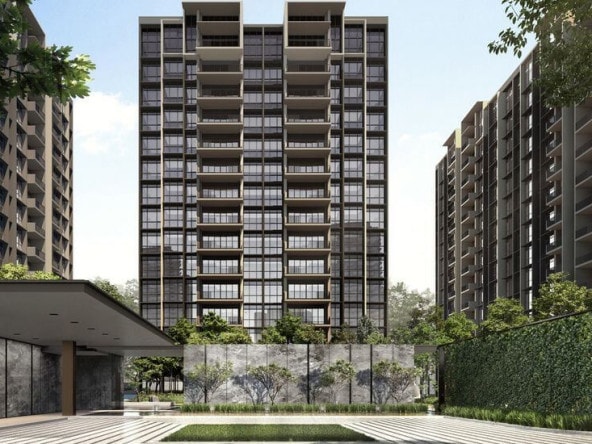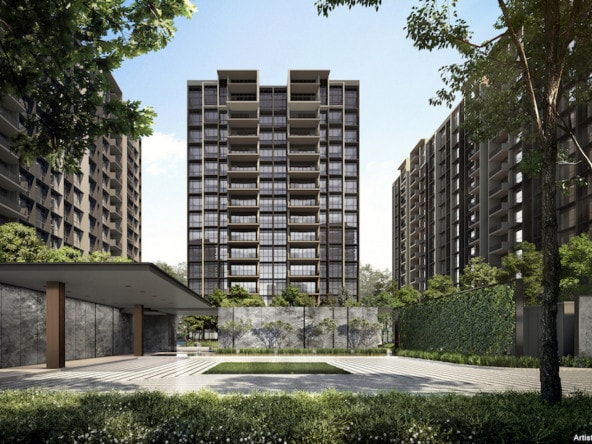Condo insurance serves the same purpose for condo owners as a homeowner’s insurance policy does for a house. It covers financial liability in case of an accident or fire that damages your unit and anyone else living in it.
If you own a condominium, you should get condo insurance as well. Why? Because unlike most other types of real estate, condos are not very common in the city, especially here in Singapore where there are so many single-family homes.
This means your chances of being targeted by another owner by way of an insurance claim are relatively low. But if you have a unit in a building with more than 10 units, your chance increases considerably.
This article will help you understand what type of condo insurance is necessary and which one isn’t—so you can make informed decisions before buying your condominium and find affordable coverage.
What is condo insurance?
Condo insurance is a type of insurance that protects you, your condo unit and the building against financial losses if something happens to your unit. It is a form of liability insurance which reflects the risk of the property being damaged or destroyed by fire, weather, theft, or other events.
To decide how much condo insurance you need, start by looking into your condo association’s master insurance policy. This policy should protect the outside of the building, common areas like elevators and stairs, and other shared spaces.
Types of condo insurance
The types of condo insurance you need depend on how many units are in the building and what type of construction that unit is.
1. Unit-based condominium insurance
This type of condo insurance covers your unit and any other units in the same building against all forms of liability, including fire, vandalism, theft, and third-party liability. This applies to buildings with more than 10 units.
2. Unit-damage condominium insurance
This type of condo insurance covers your building and any other buildings in the same property against all forms of liability, including fire, vandalism, theft, and third-party liability. This only applies to buildings with more than 10 units that were built before July 1st 2008.
3. Building-wide condominium insurance
This type of condo insurance covers your building against all forms of liability—fire, vandalism, theft, and third party—at a lower premium rate because it also protects nearby buildings as well as owners within one kilometer (about 3/10ths of a mile) of your building. This applies to buildings with more than 10 units that were built before July 1st 2008.
How much condo insurance do you need?
For a sample condo in the Garden State, we received estimates showing that raising the dwelling coverage from $115,000 to $140,000 increased the cost of insurance from $481 a year to $590 a year.
If you want the cheapest coverage, pick something on the lower end. In the example above, that would be the $100 per square foot estimate of repairs.
However, keep in mind that if a disaster happens, and you’re forced to rebuild all of the interior of the condo, you would have to make up the shortfall yourself.
When do you need fire and earthquake coverage?
If you’re buying a condominium, you should get a fire and earthquake insurance policy. You can either get coverage from the developer or an insurance agency.
This is because most condos are located in high-density areas such as Singapore, Japan, and Hong Kong, where chances of being targeted by another unit’s owner are higher.
This article will help you understand what type of condo insurance is necessary and which one isn’t—so you can make informed decisions before buying your new home and find affordable coverage.
When do you need water damage coverage?
Water damage coverage is only needed if your unit gets damaged by fire, water or other types of liquid damage. You should get this type of insurance if you’re planning to rent out your unit on a short-term basis to cover the time frame that you don’t occupy the property.
If you have a condo in Singapore and are renting it out for a short period of time, then make sure to get yourself water damage coverage. If you’re renting for more than 30 days at a time, then consider investing in general liability insurance instead.
One thing not to do is assume that your condo has flood insurance without checking with the building manager or contact person first. The building may not have flood insurance as part of its policy, so be sure to ask before buying an additional policy.
Why is wrap-around warranty coverage necessary?
There are a few cases in which condo owners may need to file a claim for damages to their unit. These include:
Accidents, fires, or natural disasters that cause water damage
Damage or theft of contents from the unit
Breakage of glass (for windows and doors)
In the case of natural disasters, such as floods or earthquakes, you may be able to file a claim for uninsured coverage with your homeowners’ insurance policy. But if your homeowners’ policy doesn’t cover these events, it’s important that you get wrap-around warranty coverage so that you have a backup plan in case something happens during these uncertain times.
Wrap-around warranty coverage typically covers the following:
Uninsured losses up to a certain amount per year Towing service (if the car is not drivable) Damages caused by flood damage Fire protection Damages caused by earthquake and other natural disasters
Wrap-around warranty for condominium owners – pros and cons
Wrap-around warranty for condominium owners is insurance that covers your condo unit and those living in it for any accidental damage or loss. This gives you peace of mind because you know that if something goes wrong with your property, the insurance will cover it.
The downside to this form of insurance is that it’s not cheap.
That said, this type of insurance is often more affordable as there are no deductibles on each claim. If you are a condo owner reading this article, then you may want to consider purchasing this type of policy as it essentially eliminates one potential worry when you purchase your condo.
But if the idea of wrap-around coverage leaves you feeling uneasy, then don’t worry too much—you can always buy renters insurance instead which would cover your belongings in case an accident damages them and make sure they are replaced.
Conclusion
Condominium owners in Singapore need to understand the importance of having insurance coverage. The cost of condo insurance can vary depending on the type of coverages you’re looking for, so it would be best if you have a condo insurance company that can provide you with all the information.




